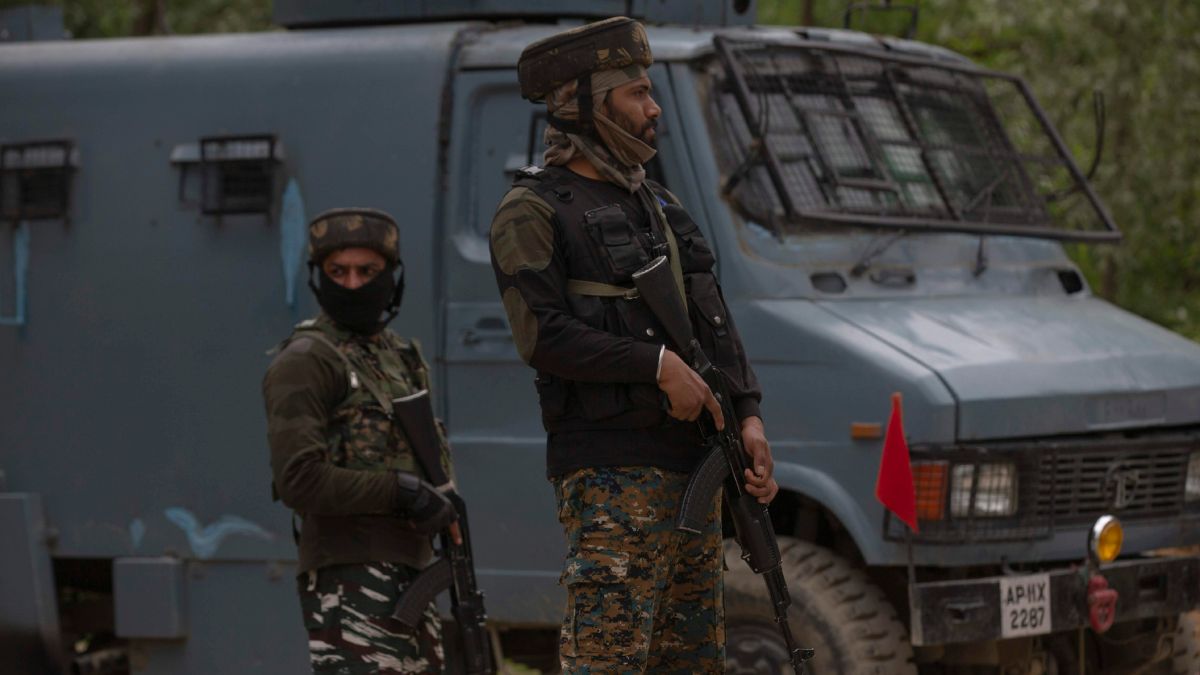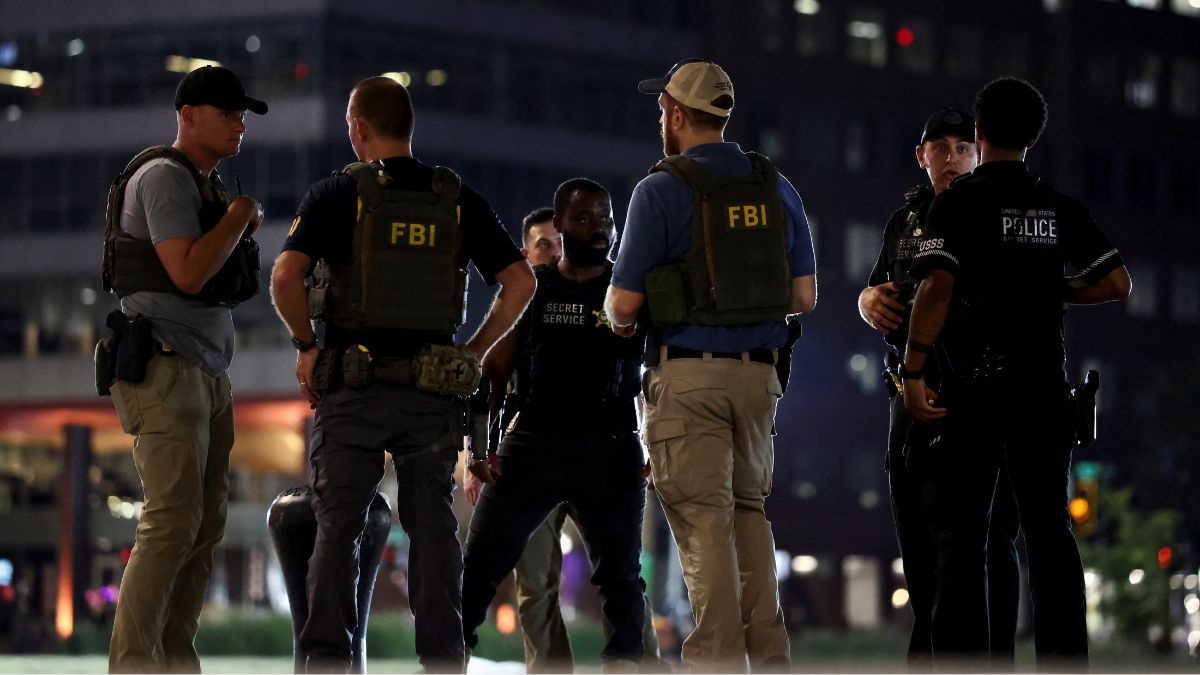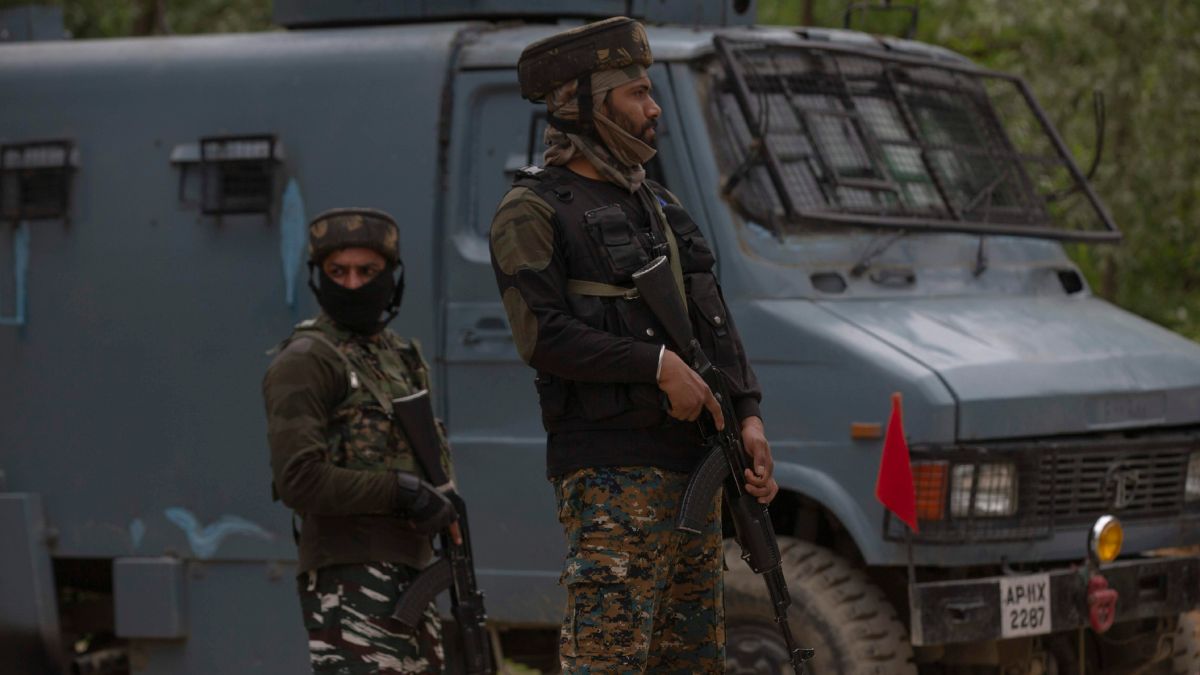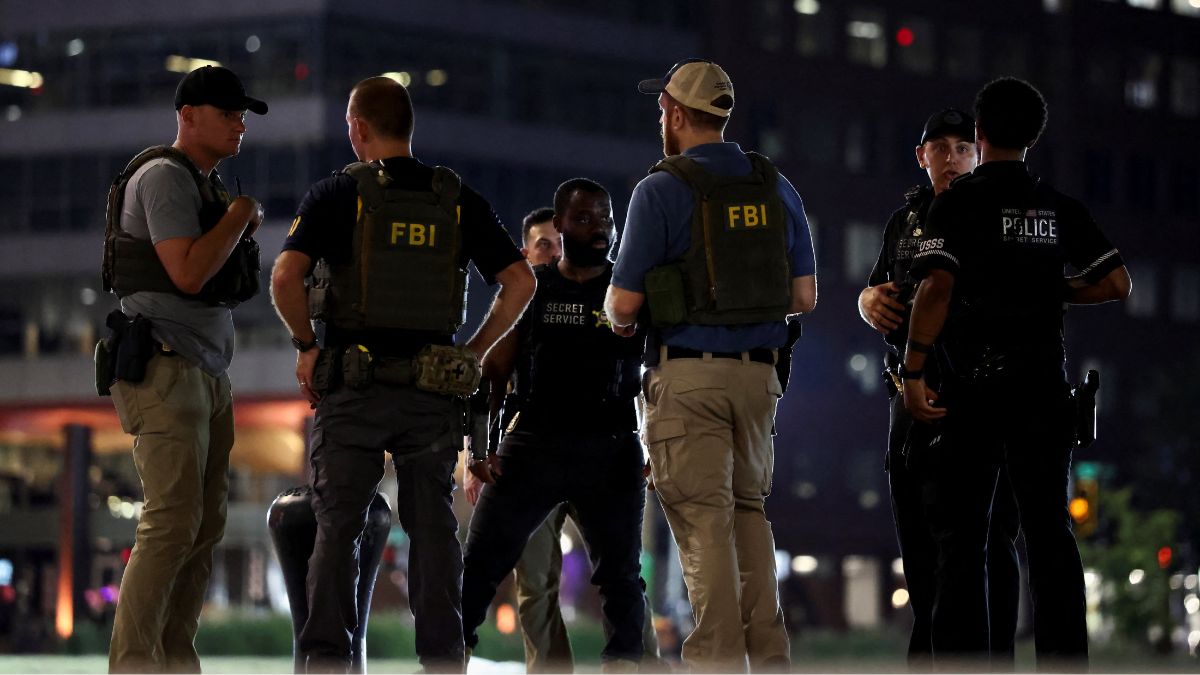The weekend in the run-up to Lok Sabha elections 2024 was eventful. It saw a political tussle over the Katchatheevu Island that the Indira Gandhi-led government ‘ceded’ over to Sri Lanka in 1974.
Gandhi took the decision thinking that the island had little strategic value and that ceasing India’s claim over it would strengthen its ties with its southern neighbour.
However, the Katchatheevu row started on Sunday, March 31, 2024, when Prime Minister Narendra Modi shared a post on X (formerly Twitter) citing documents obtained by Bharatiya Janata Party’s (BJP) Tamil Nadu Chief K Annamalai indicating that the Congress never attached much importance to the tiny, uninhabited island which lies northeast of Rameswaram, about 33 km from the Indian coast and is about 62 km southwest of Jaffna, at the northern tip of Sri Lanka.
The documents obtained by Annamalai, through an RTI application, former prime minister of India Jawaharlal Nehru once remarked that he would not hesitate “in giving up claims to the island” altogether.
‘Attach no importance to Katchatheevu Island’
In response to a minute from the late prime minister, Nehru “wanted to settle the matter one way or the other, it was considered that the situation at that time (May 1961) was not propitious for discussing the matter with Ceylon.”
“I attach no importance at all to this little island and I would have no hesitation in giving up our claim to it. I do not like matters like this pending indefinitely and being raised again and again in Parliament,” Nehru had said on May 10, 1961.
“It is true that with the present conditions in Ceylon (Sri Lanka) as they are, this is not the right time to raise any matter with them,” Nehru further said.
Impact Shorts
View AllAccording to the RTI, the issue of Katchatheevu Island first came up after independence in 1955, when the Director of Civil Aviation in Ceylon intimated to his counterpart in India that Royal Ceylon Air Force would carry out some gunnery practice on the island. The information was given to India as the area fell under Madras Flight Information Region. To this, the authorities in India responded that the matter was under consideration.
The matter was then referred to the Ministry of External Affairs (MEA) by the Civil Aviation authorities for clarification “regarding the ownership of the island”.
‘Sovereignty of Katchatheevu Island was & is in India’
However, in his opinion, the then Attorney General MC Setalvad indicated, “The matter is by no means clear or free from difficulty but in the assessment of the whole evidence it appears to me that the balance lies in favour of concluding that the sovereignty of the island was and is in India.”
MEA ‘delayed’ taking Katchatheevu Island question with Nehru
On April 13, 1961, Nehru had asked his External Affairs Ministry of not taking up the question of Katchatheevu island with the Ceylon government and settle it one way or another to which the then foreign secretary YD Gundevia said: “I regret I have delayed answering the question; but this was because I thought I would explain the matter to PM personally, and this has not been possible because of the PM’s other pre-occupations.”
“We have periodically debated whether we should take up this issue with Ceylon or not, almost every time a question is asked in parliament, and there is a question in the Lok Sabha every session,” Gundevia said.
Why MEA felt the matter should have been left alone?
The then MEA explained in two reasons what led it to feel that the matter had best be left alone:
1 - “It is not certain that our claim to the island can be easily established in law. The legal aspect of our rights on the island have been examined exhaustively and the conclusion seems to be that our case is not strong - it may be, at best, fifty-fifty.”
2 - “The completely unstable political situation in Ceylon, constantly since 1957, it is felt, is not the right atmosphere for any honest, healthy discussion.”
Gundevia had further said, “When the Ceylon government is not anxious to discuss the issue, I would submit that it would not be in our interest to take the initiative and risk having to give up the island.”
“It is an uninhabited little cluster of rocks and sand and is not really important to anybody, except sometimes as a refugee for fishermen - or illicit immigrants,” Gundevia claimed.


)
)
)
)
)
)
)
)
)



